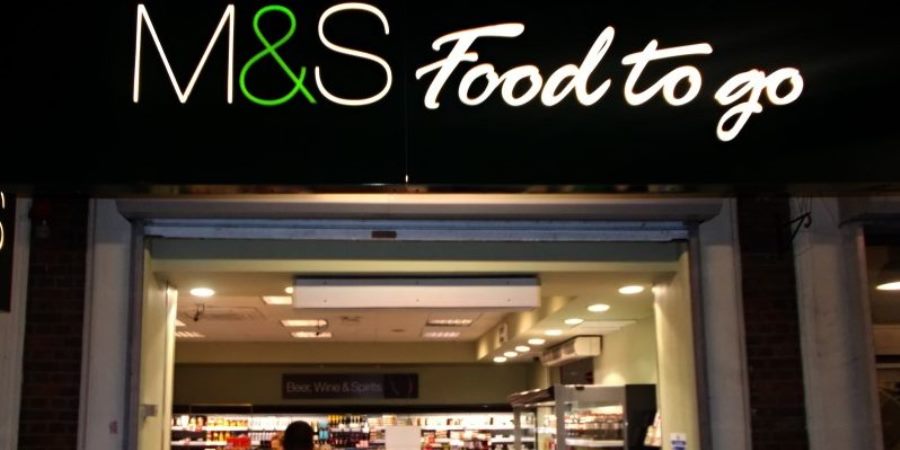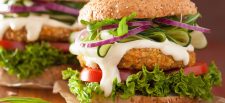M&S’ full year results for the 52 weeks ending 30th March 2019 have been released, and its top line summary reports as “good progress in restoring the basics.”
The results indicate its food business is showing good signs of progress in arresting the decline in like-for-like revenue. UK Food revenue declined 0.6%, with like-for-like revenue down 2.3% reflecting the adverse impact of Easter timing in both Q1 and Q4.
Adjusted for Easter timing, FY 18/19 like-for-like revenue declined 1.5% with an improving trend in the second half of the year, and like-for-like revenue and volume growth in Q4.
The business states its food brand remains very strong and its strategy is to protect ‘the magic’ based on quality, freshness, and innovation credentials. The Ocado JV is considered a natural partner for the brand and combined with its food transformation plan, M&S claims it opens up the possibility of substantially increasing its grocery market share in the medium term.
Phase 1 fixing the basics of this plan is about addressing the basic operating weaknesses in the business and broadening the appeal to attract a wider range of customers and be relevant to more shopping occasions.
Steve Rowe, Marks & Spencer CEO said: “We are deep into the first phase of our transformation programme and continue to make good progress restoring the basics and fixing many of the legacy issues we face. As I have said, at this stage we are judging ourselves as much by the pace of change as by the trading outcomes and change will accelerate in the year ahead.
“Whilst there are green shoots, we have not been consistent in our delivery in a number of areas of the business. M&S is changing faster than at any time in my career – substantial changes across the business to our processes, ranges and operations and this has constrained this year’s performance, particularly in Clothing & Home. However, we remain on track with our transformation and are now well on the road to making M&S special again.”
M&S says it has strengthened the communication of value in stores and it reports encouraging transaction and volume trends in Q4. In the current year a series of workstreams designed to simplify supply relationships, reduce costs and increase the pace of innovation will support its work to build value.
Food waste levels remain amongst the highest in the industry and availability has not significantly improved. However, process changes in trial stores known as Project Fuse are illustrating the very significant financial opportunity in these areas.
Similarly, an improved working relationship with GIST, its logistics partner, has demonstrated opportunity in modernising and better integrating the supply chain.
Joint venture with Ocado
In February 2019, it announced the creation of a new 50/50 JV with Ocado Group Plc (“Ocado”), the UK’s digital grocer, to transform online grocery shopping for UK consumers. Under the JV, M&S is acquiring a 50% share of Ocado’s UK retail business, which will be supported by Ocado Smart Platform technology, for an initial consideration of £562.5m and deferred consideration of up to £187.5m, plus interest.
The JV will trade as Ocado.com but benefit from access to M&S’s brand, products and customer database from September 2020 at the latest, following the termination of the current Waitrose sourcing agreement and migration of JV sourcing to M&S.
M&S says it anticipates synergies of at least £70m by the third full financial year following completion through increased buying scale, harmonised buying terms on branded products and improved efficiencies on new product development.
There is, it claims, a significant opportunity to reduce customer acquisition costs in the JV by marketing directly to its customer data base and the circa 12 million M&S food customers who account already for around one third of online grocery spend, albeit mostly with its competitors.









